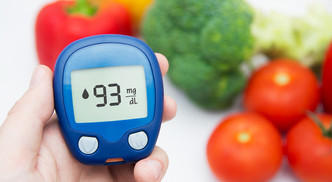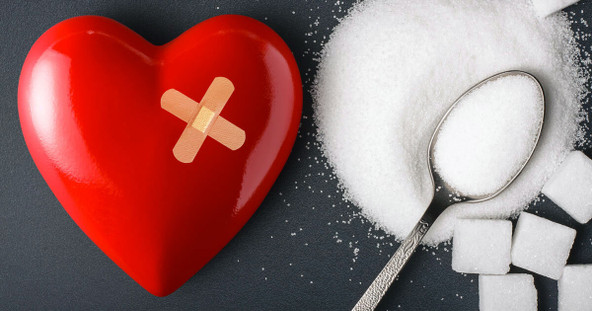Nov 3rd 2025
Why Controlling Blood Sugar is So Important
Most people know that diabetes is a serious disease of high blood sugar that can damage the heart and blood vessels, eyes, kidneys and nerves. Fewer know that pre-diabetics develop similar problems. But maybe you’re neither diabetic nor pre-diabetic. You don’t have to worry about high blood sugar, right? Well, maybe you do. Diabetes is currently diagnosed if fasting blood sugar (aka blood glucose) levels reach 126 mg/dL, and pre-diabetes if levels reach 100 mg/dL. But many alternative practitioners like to see their patients maintain levels below 90 mg/dL, or even 85 mg/dL, since research shows damage to body organs and tissues can begin when these levels are exceeded. Do you know your blood sugar level? Since it tends to rise with age, it should be measured periodically. Why is high blood sugar so damaging? Excess sugar in the blood gets converted into triglycerides. These either become fat or they stay in the blood and increase your risk of heart disease. But even more d…
read more Fuel your life with the purest vitamins
Fuel your life with the purest vitamins


